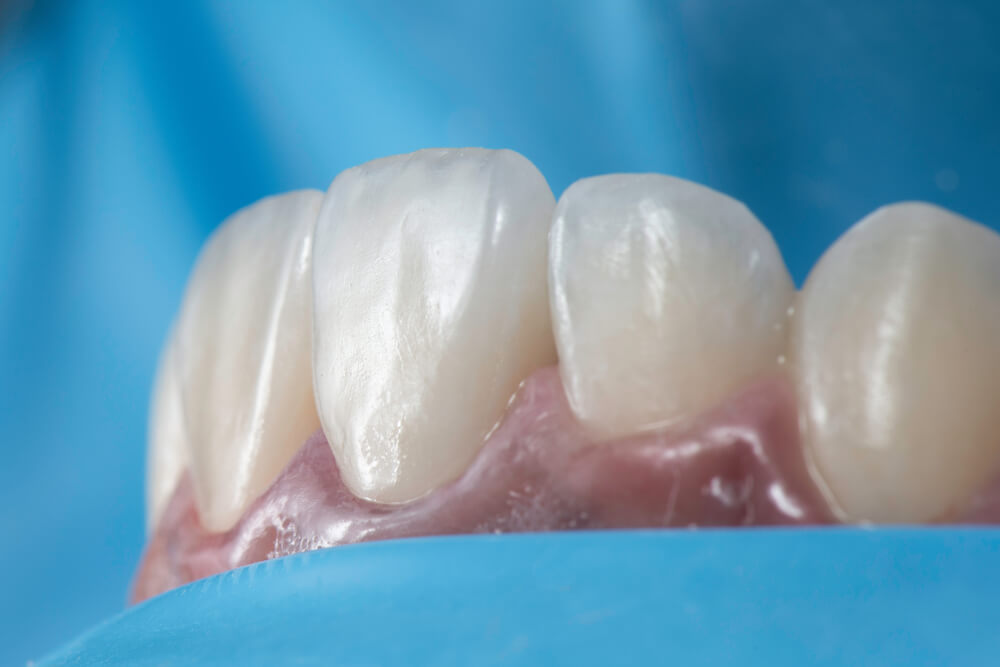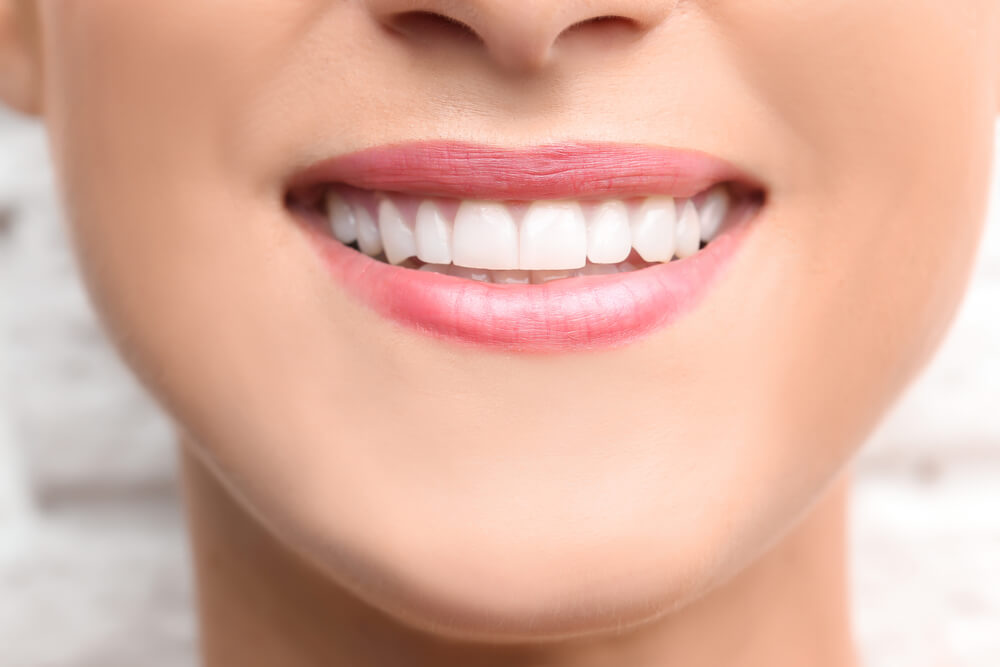Dental bonding is the application of a tooth-colored composite resin (plastic) to a tooth. Unlike veneers, which are created in a dental laboratory using impressions taken of the patient’s teeth in order to achieve a proper fit, tooth bonding can be done in one visit without the need to take impressions.


Bonding is one of the easiest and most affordable cosmetic dental procedures. It is often used to repair a decayed or fractured tooth. In addition, because it can easily be shaped and polished to match the surrounding teeth, bonding can be used for cosmetic purposes, such as to improve the appearance of a discolored or chipped tooth and to close spaces between teeth. It can also be used to make teeth look longer or to change a tooth’s shape or color. Occasionally, it is used as an alternative to amalgam fillings or to protect a portion of a tooth’s root that has become exposed due to receding gums.
Usually, no anesthesia is needed for a dental bonding procedure, unless it is being used to fill in a decayed tooth. The tooth will be prepared by being slightly etched to roughen it. It will be coated lightly with a conditioning liquid, which will help the bonding material to adhere more securely. Once it has been prepared, your dentist will apply the tooth-colored, putty-like resin to the tooth. It will be molded and smoothed into the proper shape before being hardened using an ultraviolet light or laser. After the material has hardened, your dentist will further trim and shape it as needed. It will then be polished to match the sheen of the surrounding teeth.
The procedure usually takes about 30 minutes to an hour to complete. If more than one tooth is being treated, more than one visit may be needed.


The resin used for dental bonding is susceptible to staining, so it is recommended that highly-staining foods and drinks (such as tea and coffee) be avoided for at least the first 48 hours after the procedure. The teeth should be brushed and flossed as normal and regular dental appointments should continue to be kept in order to have the teeth cleaned and examined. Bonding usually lasts several years before it needs to be replaced, but it should be noted that it is not as strong as natural teeth, so care should be taken in eating hard foods or biting down on hard substances, such as biting fingernails.
We will be glad to file a predetermination for you to verify coverage of any necessary dental treatment. We accept most PPO insurances. Don’t be discouraged if you don’t have dental insurance. We have a dental membership plan that is an excellent alternative to dental insurance. Our membership plan has an affordable annual fee that offers a discount on all your preventative care program.




